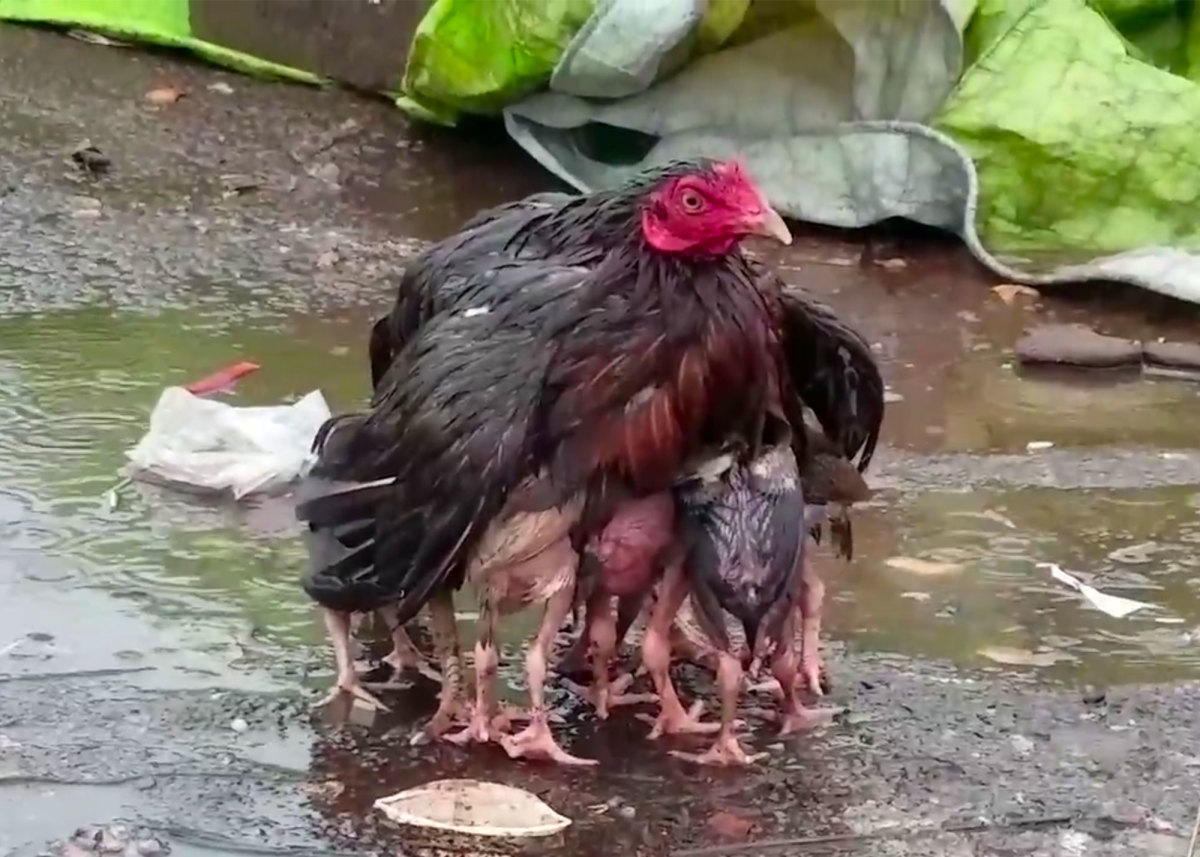Respectful Parents Nurture Respectful Kids

Respect is a touchy issue in some parent-child relationships. Parents want to be respected, and so do kids. Some facets of the relationship may not be mutually respectful and yet, parents are the leaders. Taking a look at where the breakdown of respect occurs as well as some simple ways to address it can bring more harmony to the family.
Breakdown
Respect is a two-way street. It begins with honoring the other person simply because they are alive, not because it is earned.
Parents may use force to get children to behave. It is understandable that parents want children to do certain things at times. The way we ask children to do what we want either does or does not convey respect for them as human beings. If we are forceful, we are teaching them that being powerful over someone is the way to get what we want.
Parents may be inconsistent with limits or boundaries. Consistency with one's self is more important than being consistent with a set of arbitrary limits. It can take some introspection to figure out what our personal limits really are. If a child doesn't know where the boundaries are, they can easily "disrespect" them and seemingly the parent.
Parents may have issues with authority themselves. Kids are watching our every move. If we don't like authority or don't respect our own parents they get may be getting disrespectful behavior from us. It's up to us to change the way we relate to our elders and encourage respect of others.
Kids and parents may not have the skills to be respectful. We live what we learn. Children learn what they live. In other words, the skill of being respectful needs to be learned and then practiced. Try 2000 times of practice in context. To be successful this needs to be a joined effort with the parent leading the way.
Solutions
Show respect to your child. What does respect look like to you? Is it immediate obedience? Are you immediately obedient to anyone? Is it talking in a kind tone? Is it listening when you are speaking? Whatever you want from your child, give to your child. Learn ways to model respect such as offering choices when possible, working through anger so you don't put it on your kids, honoring them in their individuality, and refraining from judging or criticizing them.
Talk about respect. Discuss what respect means to you and others. Be frank and open about the culture's views of children and how people think they should automatically respect their elders. Allow your child to tell you what respect means to her. Talk about how you can both show each other respect and put words into action.
Ask for respect. Parents can ask for respect in a very straight forward manner. It is when we demand or force respect that it turns into a boxing match. Why do we even think we need to do that? Do we question our own inherent worth if our child is disrespectful? That can send a message to our children that other people have a lot of power over us. If your child is yelling or mouthing off you can simply say, "I appreciate being talked to in a respectful manner" or "Please lower your voice." Trust your child wants mutual respect and is willing to meet you halfway if you are open to do the same.
Get support. Parenting is not always easy. Find some like-minded parents, a parent educator, or other support to assist you in learning skills, staying accountable and learning to enjoy all aspects of parenting. There are many opportunities to grow in the parenting relationship that flow into other areas of life when we let them.
Peace 4 Parents
Amy Phoenix (aka Rainbow Recognizer) is a gentle, yet direct parenting guide and healing facilitator dedicated to sharing insights and practices to transform frustration and anger, heal the past, nurture conscious relationships, and experience the peace of the present. Visit her at www.Peace4Parents.com.








